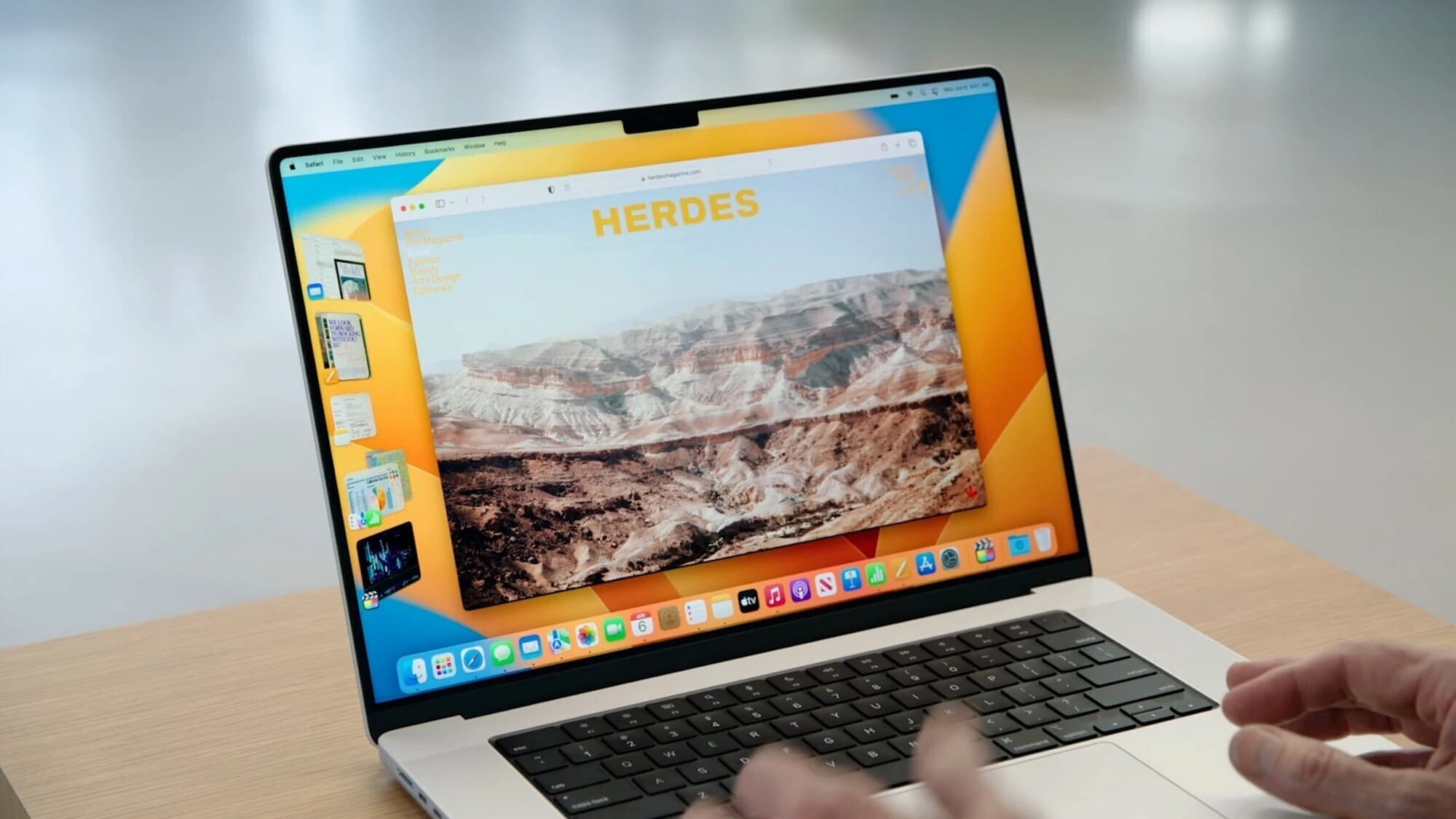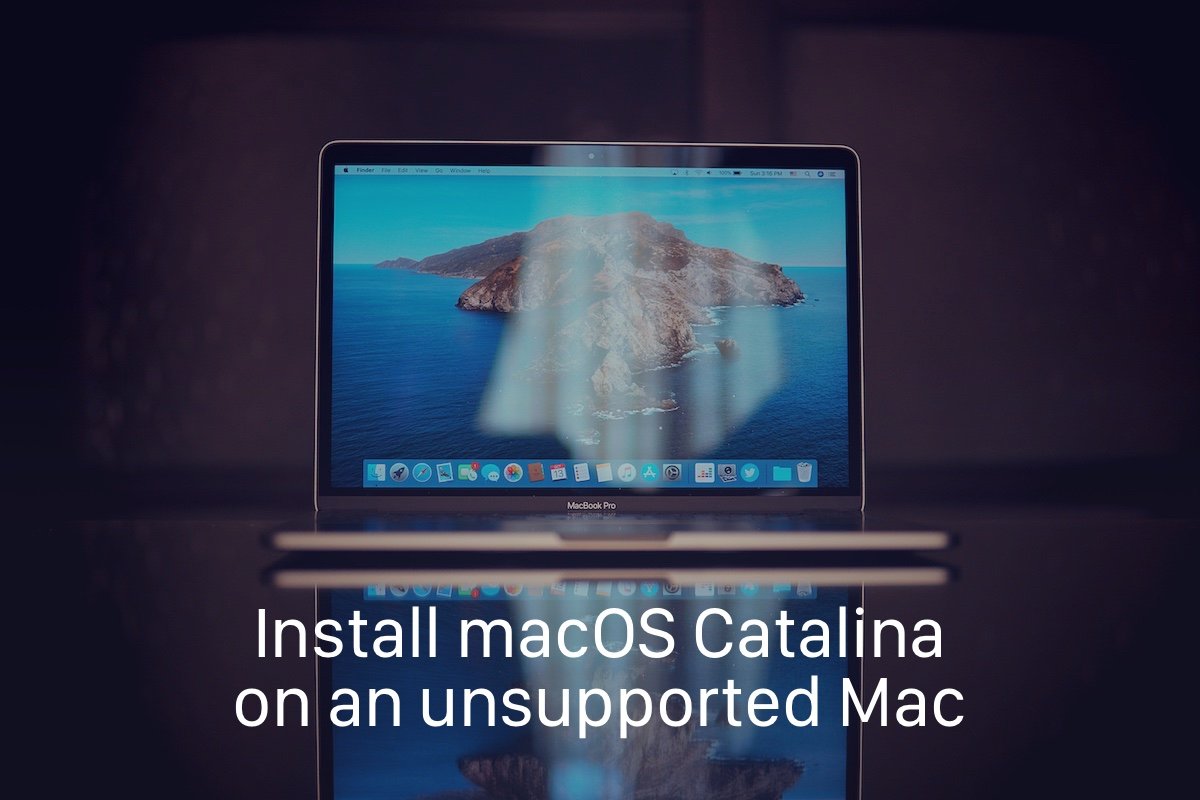Table of Contents
Mac computers are known for their security and reliability, but like any device connected to the internet, they are vulnerable to viruses and other threats. To keep your Mac safe and secure, it’s important to take a few simple precautions.
Install antivirus software
There are many antivirus software options available for Mac computers. Antivirus software can help protect your Mac from viruses, malware, and other threats. Look for an antivirus program that offers real-time protection and regular updates to keep your Mac secure..
Keep your operating system and apps up to date
Apple regularly releases updates for its operating system and apps to fix security vulnerabilities and improve performance. To ensure your Mac stays up to date, be sure to check for updates regularly. You can also enable automatic updates, which will automatically download and install updates for your Mac operating system and apps. To enable automatic updates, go to System Preferences > App Store and select the “Install app updates” and “Install macOS updates” checkboxes.
Use a firewall
A firewall can help protect your Mac from unauthorized access and malicious network traffic. To turn on your Mac’s firewall, go to System Preferences > Security & Privacy > Firewall, and click the “Turn On Firewall” button.
Be cautious when downloading files
Only download files from trustworthy sources. Be sure to only download files from websites or sources that you trust. Avoid downloading files from unknown or untrustworthy websites, as they may contain malicious software or viruses.
Be wary of suspicious emails or websites. If you receive an email or visit a website that seems suspicious or contains links or attachments, be cautious. These could be attempts to trick you into downloading malicious software or giving away personal information.
Use antivirus software. Antivirus software can help protect your Mac from viruses, malware, and other threats. Look for an antivirus for Mac that offers real-time protection and regular updates to keep your Mac secure.
Scan downloaded files. Before opening a downloaded file, be sure to scan it with your antivirus software to make sure it is safe. This will help protect your Mac from viruses and other threats.
Use a strong password
A strong password can help protect your Mac from unauthorized access. To create a strong password, use a combination of letters, numbers, and special characters, and avoid using common words or personal information. There are a lot of companies out there that offer password manager service. It will store all the complex passwords that you can not remember. Make sure that you select the best cybersecurity company as you want to protect your valuable data from any unauthorized access.
Enable FileVault
FileVault is a built-in encryption feature for Mac computers that encrypts your entire hard drive, making it difficult for anyone to access your data without your permission. To enable FileVault, go to System Preferences > Security & Privacy > FileVault, and click the “Turn On FileVault” button.
Use a VPN
A virtual private network (VPN) encrypts your internet traffic and can help protect your Mac from hackers and other threats when using public Wi-Fi networks. To use a VPN, you’ll need to sign up for a VPN service and install the VPN software on your Mac.
Avoid using public Wi-Fi networks
Public Wi-Fi networks can be vulnerable to hackers, so it’s best to avoid using them if possible. If you need to use a public Wi-Fi network, be sure to use a VPN to protect your Mac.
Back up your data
Regularly backing up your data can help protect your important files and documents in case your Mac is lost, stolen, or damaged. To back up your Mac, you can use Time Machine, a built-in backup feature that automatically saves your data to an external hard drive.
Be aware of social engineering attacks
Social engineering attacks are scams that use psychological manipulation to trick you into giving away personal information or installing malicious software. Be cautious of emails or websites that try to scare or deceive you, and never give out personal information or click on suspicious links.
By following these tips, you can help keep your Mac safe and secure. Remember to always be cautious and use common sense when using your Mac, and never provide personal information or click on suspicious links.





